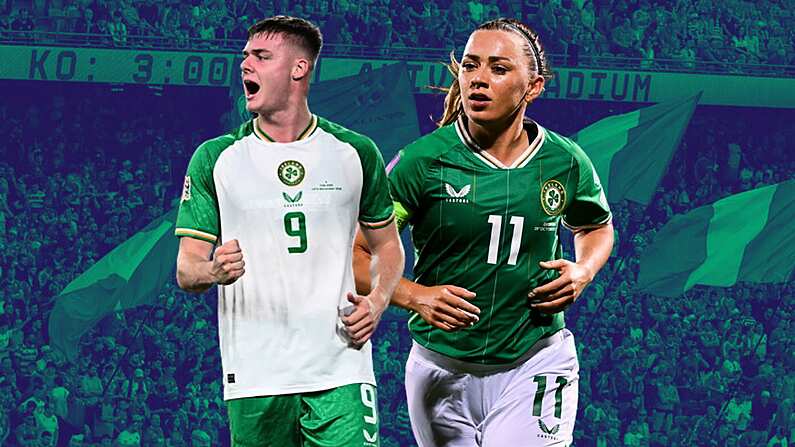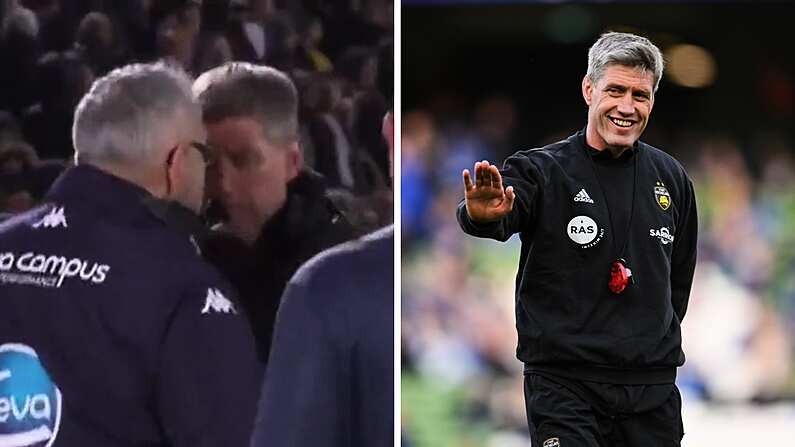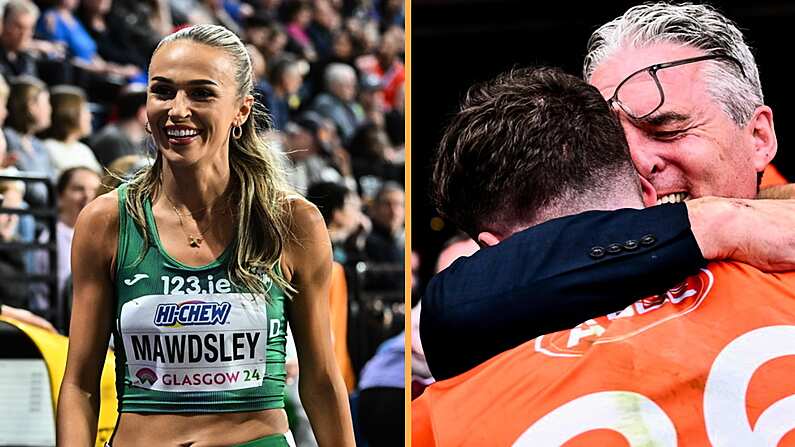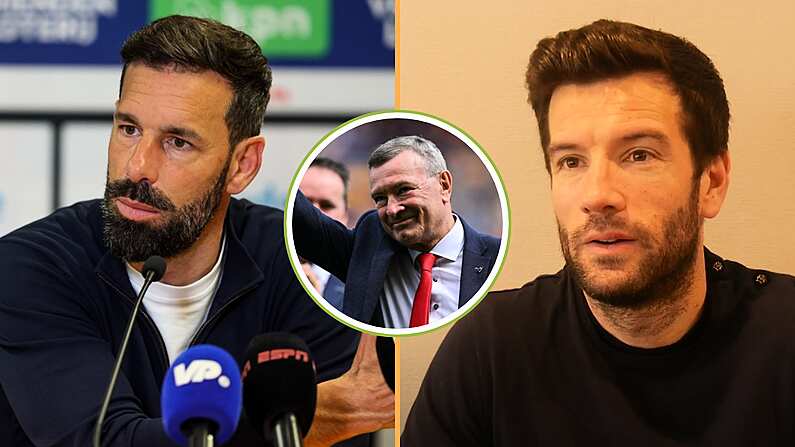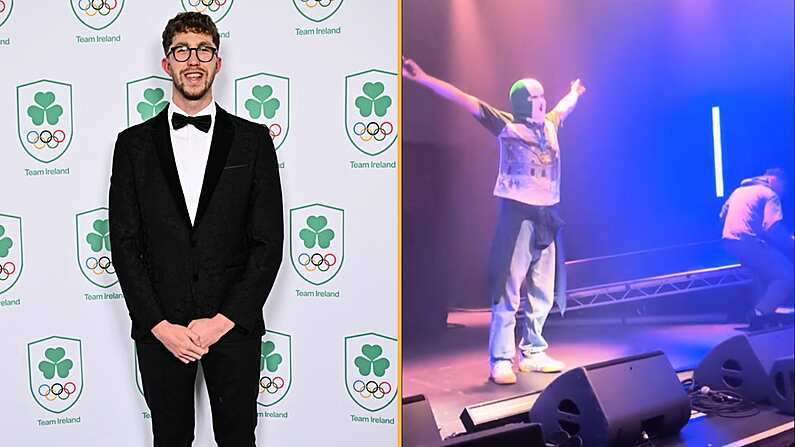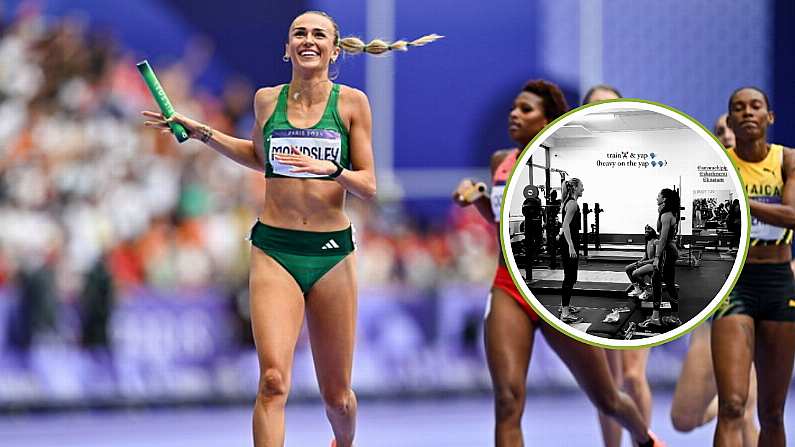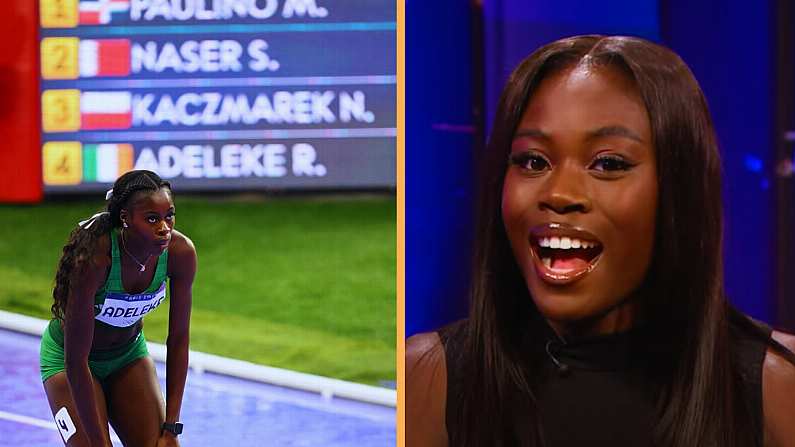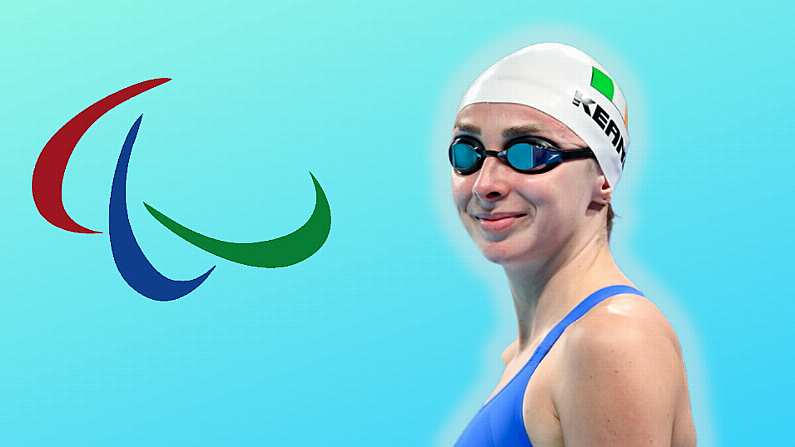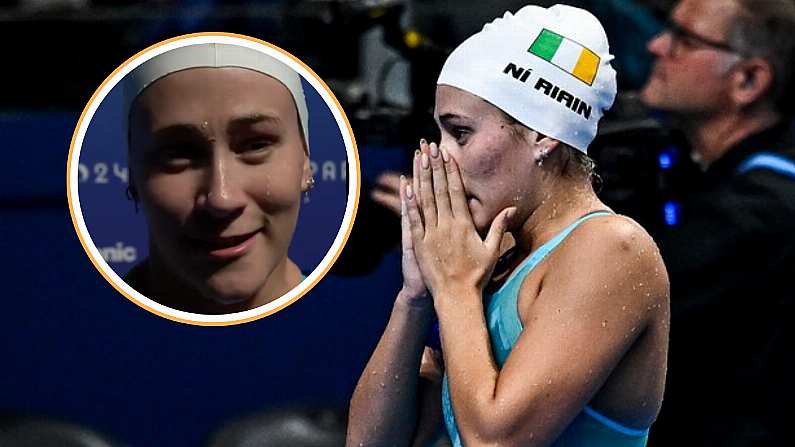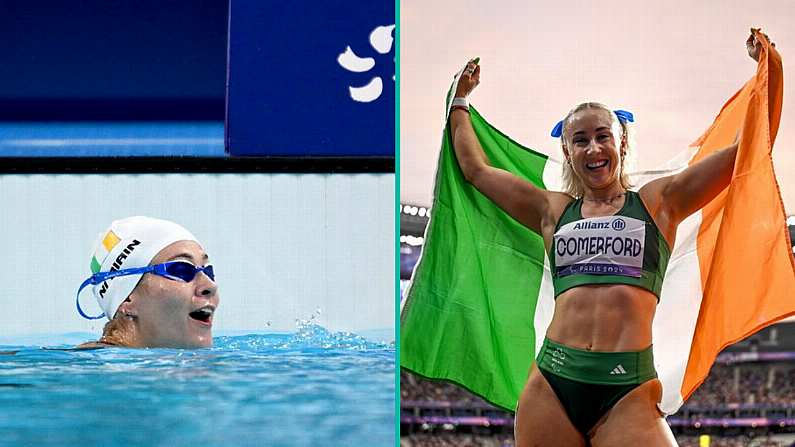Sprinter Sarah Lavin, boxer James McGivern, rower Monika Dukarska and triathlete Harry Speers are four of Ireland’s most promising young athletes and all of them harbour dreams of qualifying for the Tokyo Olympics.
Between the Idea and the Reality...Falls the Shadow.
-T.S. Eliot
The Olympics are done and dusted for another cycle, and apart from stories regarding the OCI ticket affair and the occasional interview with one of our Olympic heroes there is unlikely to be a great amount of discussion regarding the event until we approach the next Games. But for many Irish athletes the Tokyo Olympics is the focal point of their motivations and dreams. Four years ago the O'Donovan brothers were largely unknown outside rowing circles and now they are national icons following their Rio success. So what is life like for those who are currently unfamiliar to the wider public but who hope to grace our television screens in four years' time?
Belfast-born McGivern is a Commonwealth Youth Games and European schoolboy champion, while Lavin, who hails from Limerick, won a bronze medal at the 2011 European Youth Olympics and a silver two years later at the European Juniors. She had hoped to compete in Rio, only for a stress fracture in June to force her into a summer of rehabilitation. Dukarska also had Rio ambitions, but just failed to make the cut. She holds two European medals at Junior level and recently won the World Coastal Rowing Championships for the second time. Speers represented Northern Ireland at the Commonwealth Games in 2014 and is currently based at the world-renowned Leeds Triathlon Centre.
All four lead lives of such almost monastic devotion to their sports. Speers, for example, manages to combine full-time studying with swimming five times a week, five running and four cycling sessions as well as two strength and conditioning/yoga sessions. Over the winter, Dukarska plans on rowing 30km per day - whether on water or on the rowing machine - and complementing this with three or four weight sessions a week, alongside her role as a researcher at IT Tralee. McGivern and Lavin’s own weekly routines, also balanced with work and third level education, aren’t much less hectic.
Each took time out of their busy lives to have a quick chat with Balls.ie, on a couple of different subjects.
Why they decided to take up their sport
Monika Dukarska:
I came from Poland to Ireland when I was only 16 and was thrown into the deep end with completely no language, I wasn’t able to communicate with people. After joining the rowing club, within a few days I became a part of the community, part of something. I wasn’t by myself, lonely in a foreign country. I was part of something which became very special to me over the years.
Harry Speers:
I think it was a cocktail of circumstances, both bad and good. What I enjoyed and was talented at at the time, and the opportunities that arose - hearing about triathlon, and wanting to represent my country. Wanting to represent my country was a major drive for me, through junior, youth – my whole childhood...and the opportunity arose after dropping out of rugby, not really being good enough to be a swimmer or a runner – just kind of everything worked into triathlon.
(Below: Harry Speers wins 2015 City of Derry triathlon)
Their love for their sport
HS:
There are tough days where you wake up in the morning and you don’t want to go swimming. But once you’re up and going, you love it and you get in, feel free and are moving up and down the pool...you feel lost, moving (running) up and down the woods and the trails...you become a lot more grateful for what you’ve got.
MD:
You’re doing it every single day for so many hours...if you hated it, I would consider it time-wasting, really, if you didn’t love it. I think it would be so difficult to commit time to something you don’t really enjoy doing. And there was a time in my life where I didn’t enjoy it and I think that’s a reason why my performances started to decrease. Then I think I had to rediscover a love for rowing – and now I am just flying.
Whether they ever feel like they’re ‘missing out’ on ‘normal’ life
Sarah Lavin:
I don’t think I would ever think I am missing out, to be honest with you. I have never got to go to Irish college or French college or on a J1 or anything like that and probably a part of me was going, ‘I wonder what that’s like’, but I would never want to trade it for a minute. This summer was the first time I went away for a week with my friends and we had such a good time. It was so much fun – but I wouldn’t trade it for a minute. I had a ball but if (missing) it meant I could have been at a major (championships) last summer, absolutely I would have swapped it. I never thought I was missing out.
You can’t make twenty-firsts and stuff like that, that’s hard and you think ‘I’m a bad friend’ - but most of the time they’re very understanding. The people who get it are the ones who are your closest friends – that’s what you realise.
James McGivern:
Not so much, I mean my friends are part of the team, they work with me. If they were going out, they wouldn’t be going ‘Ah, James, we had an amazing night and you missed it’ and stuff like that. And the odd time when I do go out they do make a real effort to make it a good time. So my friends and family, everyone’s on board, we’re all one big team.
The struggles they face
J McG:
Funding is always a problem...the odd time I would get a bit of funding, a couple hundred pound here and there – but it’s hard to live off that. So trying to work and keep a job going and make a few pound for myself as well can be difficult. But hopefully, all being well, I can make a break onto the senior team and can start getting some funding...
I’m out doing a bit of plumbing and doing a bit of work with kids, after-school stuff. It’s hard to do with training camps and being away training – if I was going away boxing, it’s hard to actually hold a job down...but I was motivated to do it (box). I chose this life back when I was a child.
SL:
(After the injury) I cried for about a week. And then I said, ‘Right, you’ve got to get on with it.’ It’s hard because it feels like a death...there’s so much of your day that goes into it. Suddenly all of that is gone. I was lucky my two close friends were around, I was grateful to them for just minding me, I suppose. It was a tough time. I was literally hopping for three months. Even the Munster (rugby) guys down in Limerick were putting weights up on the rack for me...it was really tough.
But I realised, I suppose, how much I want it. On Monday was the first time I was allowed onto the grass, to do 6 x 150s. I actually had a tear come down my face, I felt so liberated.
The role their family has played in their success
J McG:
My da sat me down and said, ‘Listen, you can make a real go at this, the likes of the Olympics and going professional and winning world titles’. (That) it isn’t, as much as it sounds, a dream - it is achievable if I put my head to it. And from that day forward, that was it. I was ready to go...
After Russia at the Europeans (in June, when he lost a controversial decision in the preliminaries) and I came home, there was a couple of weeks I was going, ‘Why am I doing it? I’m putting all this work in, I’m putting myself through real tough training...' But again, having my family and friends and my coaching team around me, they got me back to go again.
SL:
I was always the one who was saying, can we please go to such and such a competition. Even when I was 11 we went over to Scotland to find extra competitions for me because I was doing so well in Ireland, we went to the AAAs (events in England). I was always begging and was just so fortunate that my parents have been so supportive. I’m very fortunate with my family. I think (the time she got injured) was the first time I’ve seen my dad physically upset.
Their ambitions and goals
MD:
I want to go to Tokyo, and I feel that by 2020 I will be strong enough to be there and show a good performance. It’s something I nearly want to tick, I really want to be an Olympian. Sinead Jennings was 38 or 39 when she competed at the Olympics - we are looking at the next ten/fifteen years before I will be stepping away from the sport. But I definitely want to keep and do stuff outside of rowing, you can be solely focussed on one thing, it’s good to have other things to look forward to.
SL:
Next year the big aim will be the world champs and world universities. World champs are in London which is brilliant because that’s as home as a world championships will ever get, to be honest with you. The world universities are in Taiwan - which is very close to Tokyo, so I guess that’ll be good flight preparation and (preparation for) time-frames and all that. Obviously there’s no rush back for them but European indoors are in March and I’d love to make it back for them. But I’m not going to rush, particularly when I’ve come this far.
My new training diary started on August 12th and it was 1460 days out (from Tokyo), 35,000 hours - and I’m currently on 1382 (days to go). We’ll get there!
J McG:
Long term, end goal is certainly Olympics. 2018 we have the Commonwealth Games in Australia. I’m gonna hit the mark there and get on that team, and I have full intentions of taking home a gold medal from that...
I’m from a small community and everyone in the community, when I needed funding for the Commonwealth (Youth) Games they all got behind me and gave what they could. So personally I feel like I’m obligated to go on and do well and I’d like to show them that I’m grateful for what they’ve done for me, and I fully intend to do it.
HS:
I feel like I’ll know in the next 12 to 18 months whether I’m gonna be good enough to do it (go to the Olympics), and it’s certainly a drive that I want to do it. But there’s a lot of guys chasing the spots, a lot of talented guys, the standard of the sport is increasing. It’s definitely a goal and I’m definitely working towards it, but if it’s not meant to be, it’s not meant to be. But I believe I can do it.


